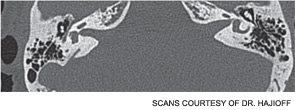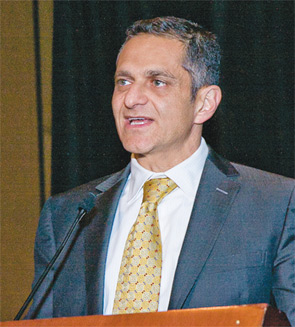Once a rare symptomatic disorder characterized by kidney stones, bone loss, neuromuscular disorders and other hypercalcemic signs, PHPT is now appreciated to have a much higher incidence than previously thought, and to usually be only mildly symptomatic or even asymptomatic





